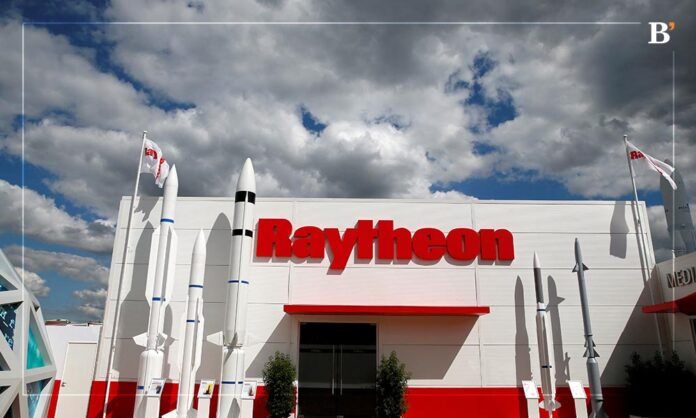Key Highlights
- Raytheon Technologies Corp reported a 4% rise in quarterly adjusted profit, driven by strong Chinese demand for commercial aircraft spare parts and services.
- Despite supply chain snags and labor shortages weighing on the missiles and defense business, the company reaffirmed its annual sales outlook and expected revenue for the defense business to grow in the mid-single-digits over the coming years.
Raytheon Technologies Corp (RTX.N) has reported a 4% rise in adjusted quarterly profit, citing strong Chinese demand for commercial aircraft spare parts and services.
The company’s CFO, Neil Mitchell, said that the rebound in China was explosive and that there had been a huge return to domestic China travel. This has forced airlines to keep older jets in service for longer, leading to increased spare parts sales and aftermarket services for companies like Raytheon.
Chinese Demand Drives Raytheon’s Growth In The First Quarter
Pratt & Whitney, which makes engines for the Airbus A320neo family of aircraft, reported a 41% jump in adjusted operating profit and a 15% rise in adjusted sales in the first quarter, with Chinese demand benefiting Pratt as well.
- China’s commercial aviation industry buys Pratt & Whitney aircraft engines, landing gear, and controls from Raytheon.
- However, supply chain snags and labor shortages continued to weigh on the company’s missiles and defense business, which reported a 13% fall in adjusted operating profit in the quarter through March.
- Despite this, Mitchell said that the company expected revenue for the defense business to grow in the mid-single-digits over the coming years, thanks to a strong backlog.
Realignment Into Three Business Units To Optimize Operations And Better Serve Customers
Raytheon Technologies has also outlined some details of its previously announced realignment into three business units:
- Collins Aerospace
- Raytheon
- Pratt & Whitney
Some communications business lines will move from the Intelligence and Missiles units to the Collins Aerospace unit, and some sensing and imaging businesses will move from the Collins unit to the Raytheon business unit, which will be led by Wes Kremer, currently president of Raytheon Missiles & Defense.
Despite being put on China’s “unreliable entities list” over arms sales to Taiwan, Raytheon Missile and Defense – a unit of Raytheon Technologies – reported a 10% rise in quarterly sales to $17.21 billion and beat analyst estimates for adjusted profit per share.
CEO Greg Hayes cited continued demand in global airline travel and defense systems, and the company reaffirmed its annual sales outlook of $72 billion to $73 billion and adjusted profit per share forecast of $4.90 to $5.05.




